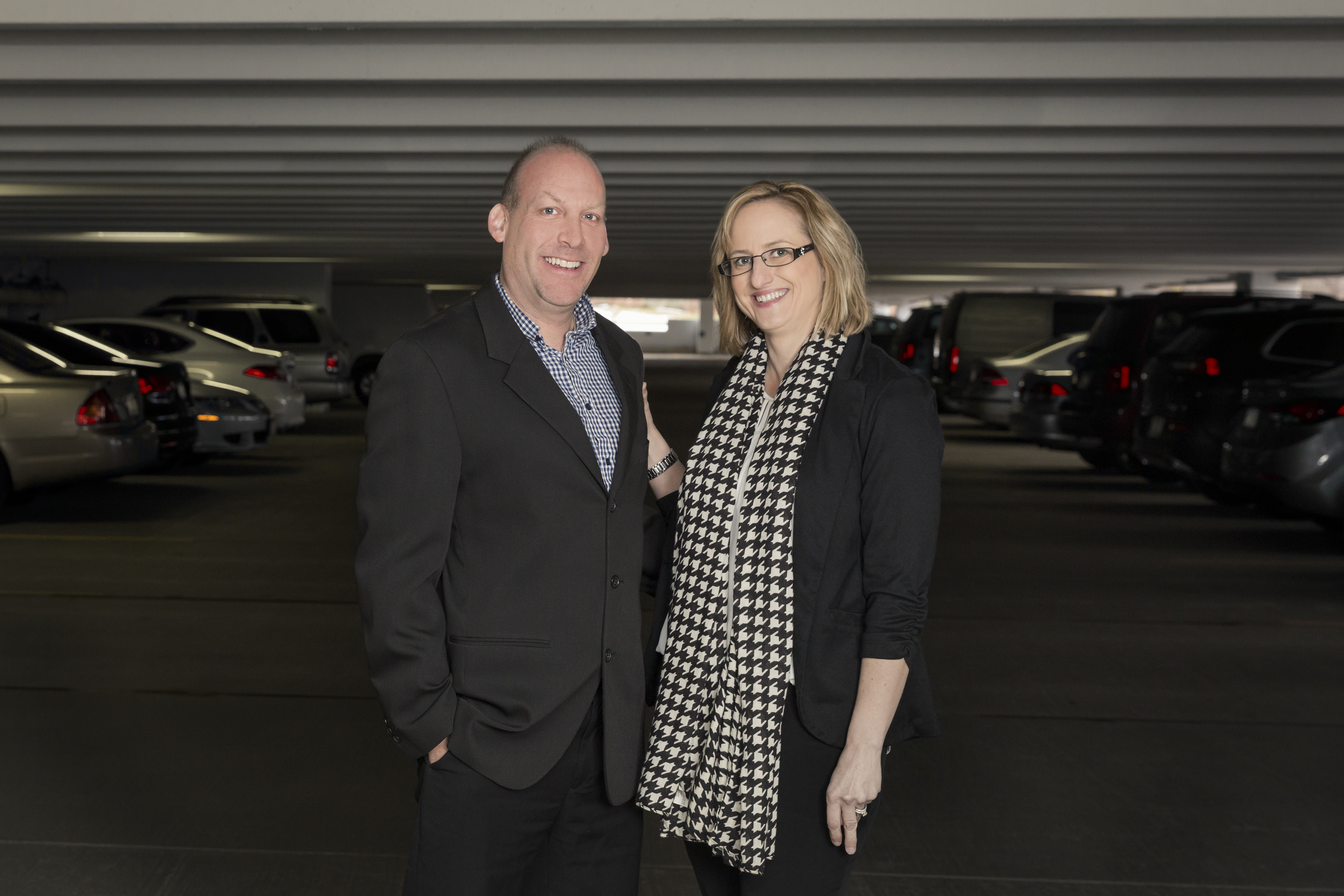![Chariot for Women founder Michael Pelletz and wife [image : 82562676]](http://www.gannett-cdn.com/media/2016/04/02/USATODAY/USATODAY/635952177678298815-Chariot-Michael-Kelly-Press-carlygillisphotography.jpg)
BOSTON — While Uber and Lyft's safety policies face scrutiny here, the founder of a new ride-sharing service says his company fills an overlooked gap in the industry: a focus on women’s safety.
Chariot for Women, based in Massachusetts, is an Uber-like service that hires only female drivers. The intent is to give female passengers peace of mind by ensuring another woman is always behind the wheel.
Founder Michael Pelletz, who was an Uber driver for eight months, came up with the idea for this company after he picked up a male passenger who seemed like he was on the edge of a drug overdose.
“One thought kept coming up in his head: ‘What if I was a woman?' ” the company’s website says. “Just one bad apple behind the wheel and those women would not be safe at all. 3 a.m. in Boston is a candy store for predators.”
Besides female drivers, Chariot for Women, which is set to launch around the country April 19, will pick up only female passengers or boys under the age of 13. If a woman orders the service and is with a male above the age of 13, Pelletz said, the male would be denied a ride.
![Former Boston Uber driver sentenced up to 12 years on rape conviction [oembed : 82561990] [oembed : 82561990] [oembed : 82561990] [oembed : 82561990] [oembed : 82561990] [oembed : 82561990] [oembed : 82561990] [oembed : 82561990] [oembed : 82561990] [oembed : 82561990] [oembed : 82561990] [oembed : 82561990] [oembed : 82561990] [oembed : 82561990]](/Portals/_default/Skins/PrestoLegacy/CommonCss/images/smartembed.png)
Of the 20,000 Uber drivers in Massachusetts, 7,000 are female, said Carlie Waibel, a spokeswoman for Uber. Across the U.S., 29% of drivers who joined in fall 2015 were women. About 60% of Lyft passengers are women, and 30% of drivers are female —the highest percentage in the ride-sharing industry, said Alexandra LaManna, a Lyft spokeswoman.
More than 1,000 women have already signed up for Chariot for Women. Pelletz said his company has the most “stringent background checks in the industry” and will fingerprint every driver.
Following a series of incidents involving drivers and passengers, Boston has turned a stern eye to ride-sharing services. A big point of contention has been Uber and Lyft's reluctance to fingerprint its drivers. A bill currently pending in the Massachusetts Legislature is looking to regulate both Uber and Lyft by intensifying company background check policies and placing limits on surge pricing.
![Ride-sharing vs. ride-hailing: Battle brews in Boston [oembed : 82561934] [oembed : 82561934] [oembed : 82561934] [oembed : 82561934] [oembed : 82561934] [oembed : 82561934] [oembed : 82561934] [oembed : 82561934] [oembed : 82561934] [oembed : 82561934] [oembed : 82561934] [oembed : 82561934] [oembed : 82561934] [oembed : 82561934]](/Portals/_default/Skins/PrestoLegacy/CommonCss/images/smartembed.png)
Although Chariot for Women's background check policies are seemingly more strict than other ride-sharing services, Joseph Sulman, an employment law specialist based outside of Boston, told The Boston Globe that refusing to hire men as drivers could be a potential legal problem.
According to the Massachusetts Attorney General’s Office, the state's anti-discrimination laws prohibit discriminating against a potential employee on the basis of sex — except in situations where sex is a“bona fide occupational qualification,” which is a qualification employers are allowed to consider when hiring.
“The law is really tough on that,” Sulman told the Globe. “For gender, it’s not enough to say, ‘We really just want to have a female here because our customers prefer that to feel safer.’”
Pelletz said that according to his lawyers, his company is running a legal business model that fulfills a market need.
"We believe that giving women and their loved ones peace of mind is not only a public policy imperative but serves an essential social interest," he said, reading a company statement. "Our service is intended to protect these fundamental liberties, and we look forward to ending the inequality of security that currently afflicts drivers and riders on the basis of gender."
Cori Harris, 20, a sophomore at Boston University, matches the demographic Pelletz said could benefit from using his service — a young, college-age woman, who is likely to request a ride alone or with other girlfriends late at night.
Harris said she frequently uses ride-sharing services, and only once felt unsafe when her male Uber driver suddenly became loud and aggressive. While this experience hasn't deterred her from using Uber, she said it has made her more wary of the potential risks.
"Uber is definitely safer than walking home, but if there was another service that was as convenient as Uber and offered the same service and I knew I would have a woman driver, I would definitely consider it," she said. "Why not take that extra step to be safe — especially as a woman in college?"
Follow USA Today reporter Trisha Thadani on Twitter: @TrishaThadani


